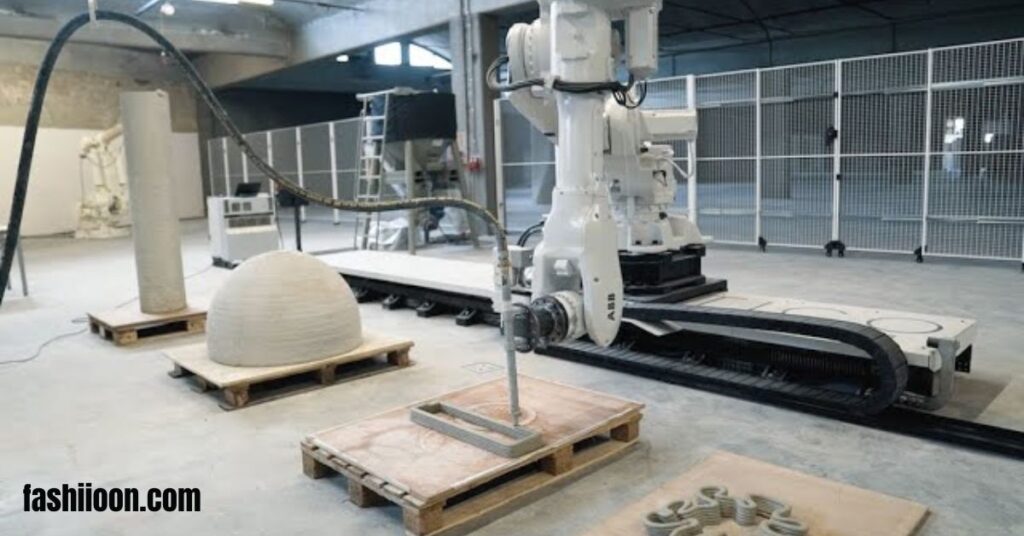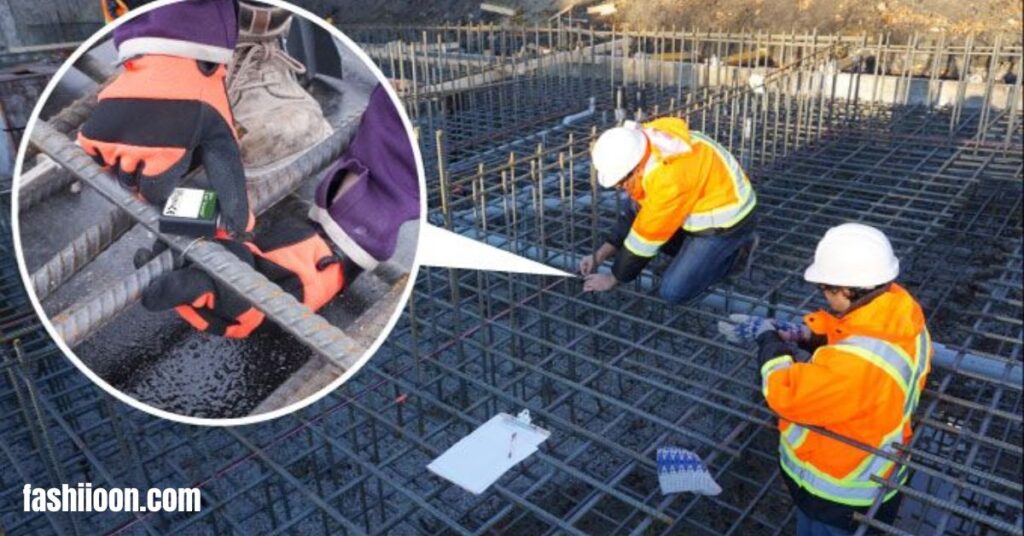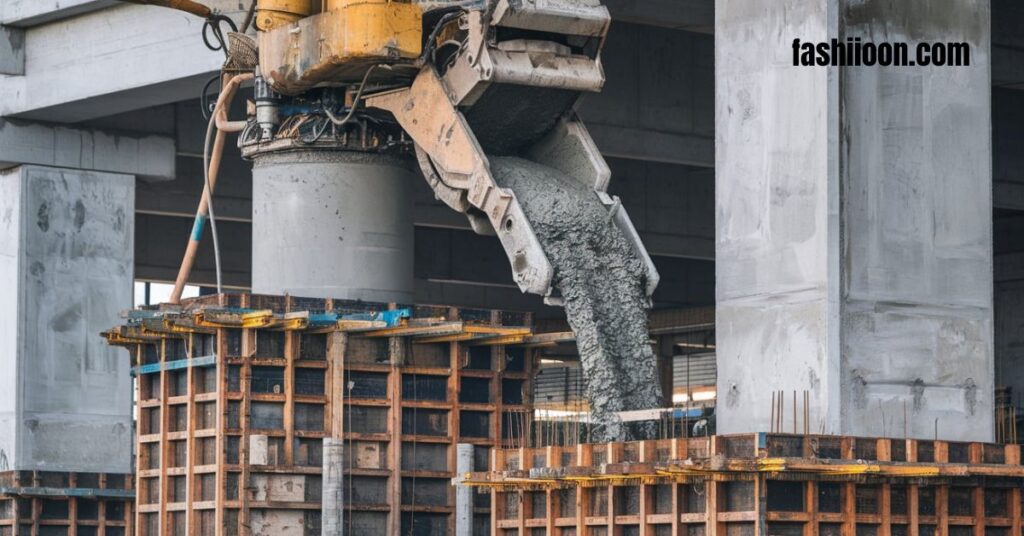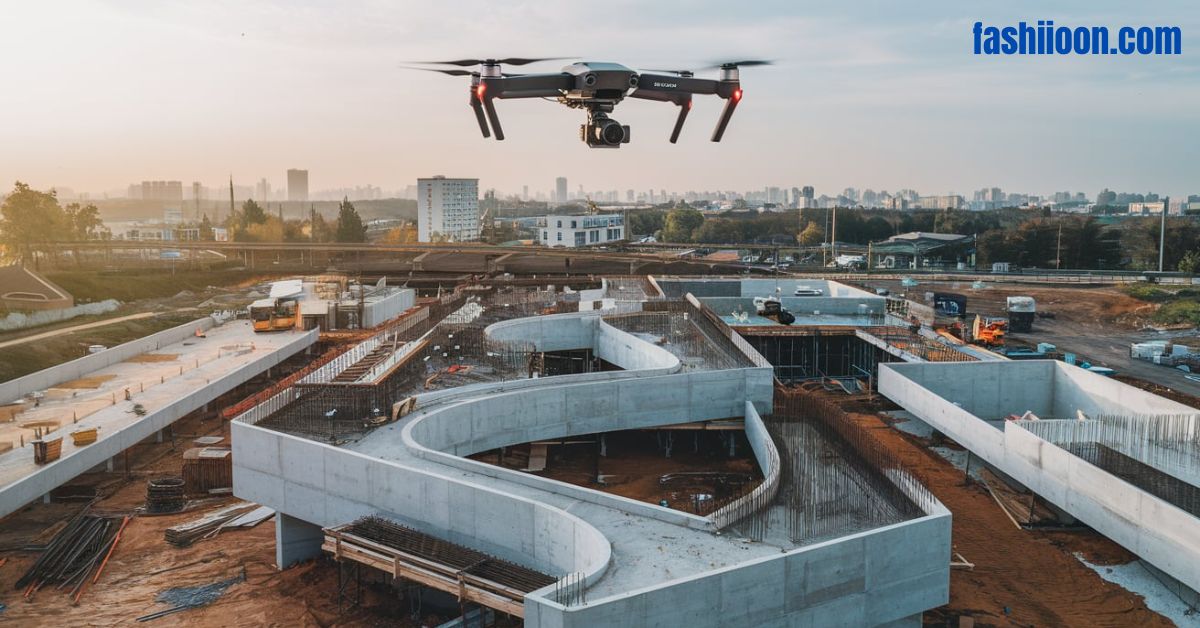In today’s construction landscape, we’re witnessing a remarkable shift toward sustainable practices. Learning how to use technology for a more sustainable practice in concrete construction has become crucial for industry professionals. Let’s dive into the innovative solutions transforming this field.
The Evolution of Sustainable Concrete Construction
The construction industry accounts for about 38% of global CO2 emissions. This sobering statistic has sparked a revolution in how we approach concrete construction. Here’s what’s changing:
Key Industry Transformations:
- Integration of digital technologies
- Development of eco-friendly materials
- Implementation of smart monitoring systems
- Adoption of waste reduction strategies
Joyland AI: Revolutionizing Entertainment Through Artificial Intelligence
Current Market Statistics
| Aspect | Current Value | Projected Growth (2025) |
|---|---|---|
| Global Green Concrete Market | $26.2B (2023) | $38.1B |
| CO2 Reduction Potential | 30-50% | 60-70% |
| Technology Implementation Rate | 45% | 75% |
| Recycled Material Usage | 20% | 40% |
Optimizing Material Use with 3D Printing

3D printing technology has revolutionized how we approach concrete construction. This innovative building method reduces waste by up to 60% compared to traditional methods.
Benefits of 3D Printing in Construction:
- Precision material application
- Reduced waste generation
- Customizable designs
- Faster construction timelines
- Lower labor costs
Case Study: Dubai’s 3D Printed Office Building
- Construction time: 17 days
- Labor cost reduction: 50%
- Material waste reduction: 60%
- Total cost savings: 30%
Enhancing Durability with Advanced Materials
Smart construction demands smarter materials. Advanced concrete mixtures now incorporate:
- Graphene-enhanced composites
- Self-healing properties
- Nano-materials
- Photocatalytic elements
- Recycled aggregates
“The future of sustainable concrete construction lies in the development of advanced materials that can reduce our carbon footprint while improving structural integrity.” – Dr. Sarah Chen, Material Science Expert
Smart Sensors for Efficient Monitoring

IoT in construction has transformed how we monitor and maintain concrete structures. Smart sensors provide:
Real-time Data on:
- Structural integrity
- Temperature variations
- Moisture levels
- Stress distribution
- Chemical composition
Implementation Success Rates
| Monitoring Aspect | Improvement Rate |
|---|---|
| Early Detection | 85% |
| Maintenance Efficiency | 60% |
| Cost Reduction | 40% |
| Lifespan Extension | 30% |
Recycling and Reusing Concrete Waste
Sustainable resource use in concrete construction involves sophisticated recycling programs. Modern techniques allow:
- Crushing and reprocessing
- Aggregate separation
- Contaminant removal
- Quality assessment
- Resource optimization
Best Practices for Concrete Recycling:
- On-site crushing
- Material segregation
- Quality control testing
- Proper storage
- Systematic reuse planning
Essential Digital Marketing Tools: A Complete Guide to Growing Your Business Online
Energy-Efficient Production Methods
Green cement production has become a cornerstone of sustainable practices in concrete construction. New methods include:
Innovation Areas:
- Alternative fuel usage
- Heat recovery systems
- Clinker optimization
- Electric kiln technology
- Renewable energy integration
Utilizing Carbon Capture and Storage

Carbon capture technology in concrete production has shown promising results:
- 30% reduction in emissions
- Improved concrete strength
- Economic viability
- Scalable solutions
- Enhanced durability
Carbon Capture Implementation Stats
| Method | Efficiency Rate | Cost Reduction |
|---|---|---|
| Direct Air Capture | 90% | 25% |
| Chemical Absorption | 85% | 30% |
| Membrane Separation | 75% | 35% |
Working Towards a Greener Future
The path to sustainable concrete construction involves:
Strategic Initiatives:
- Technology integration
- Material innovation
- Process optimization
- Workforce training
- Industry collaboration
Fintech Zoom: Revolutionizing the Digital Financial Landscape
Future Projections
| Aspect | 2025 | 2030 |
|---|---|---|
| CO2 Reduction | 40% | 60% |
| Energy Efficiency | 35% | 50% |
| Waste Reduction | 45% | 65% |
Conclusion
Learning how to use technology for a more sustainable practice in concrete construction is vital for industry evolution. By embracing innovative building technologies and eco-friendly construction practices, we can significantly reduce our carbon footprint while maintaining structural integrity in concrete construction.
Key Takeaways:
- Technology integration is crucial
- Sustainable practices are economically viable
- Innovation drives industry progress
- Environmental impact can be reduced
- Future growth depends on adaptation

Fashion is a Professional Fashion Platform. Here we will provide you only interesting content, which you will like very much. We’re dedicated to providing you the best of Fashion, with a focus on dependability and Fashion. We’re working to turn our passion for Fashion into a booming online website. We hope you enjoy our Fashion as much as we enjoy offering them to you.
